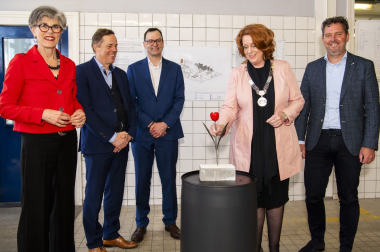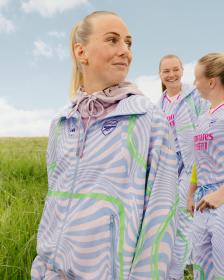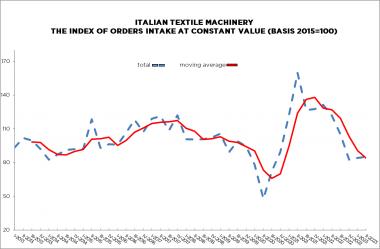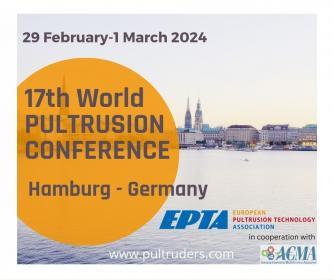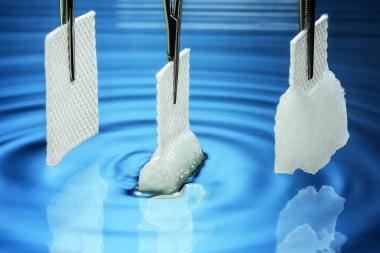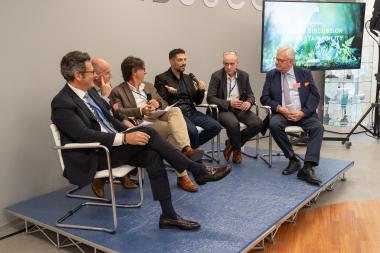AkzoNobel: New research labs in the Netherlands
Two new research labs are being built by AkzoNobel at its Sassenheim site in the Netherlands to further propel the company’s product development.
Work is about to start on building a technology center for Powder Coatings, while a new polymer lab has just opened which will develop innovative resin technologies for all the company’s businesses.
The total investment in the Sassenheim site – AkzoNobel’s largest global R&D center – amounts to around €8 million. The facility already houses the biggest R&D teams in Europe for the company’s Decorative Paint and Automotive and Specialty Coatings businesses. The addition of the two new labs will help the company further build on its global reputation for product development focused on providing creative solutions for customers.
The recently opened polymer lab – part of the company’s Research organization – will accommodate 15 scientists. It will mainly focus on the development of more sustainable polymer technologies and new coatings to support AkzoNobel’s ambition to halve carbon emissions across the value chain by 2030.
AkzoNobel employs around 3,000 R&D professionals worldwide in 70 laboratories, with more than €1.25 billion having been spent on research and development over the last five years.


